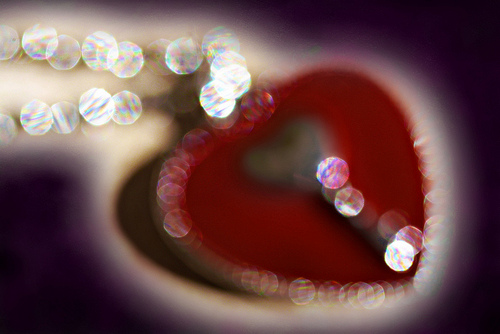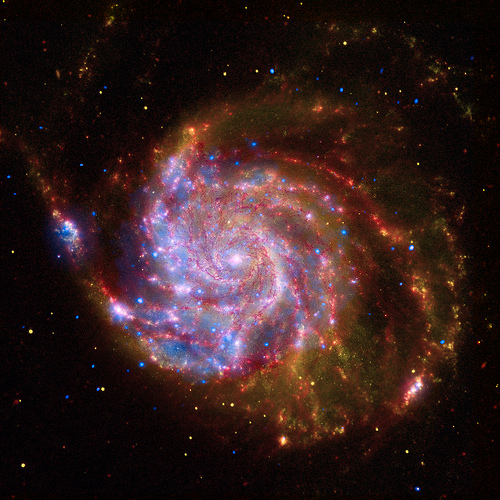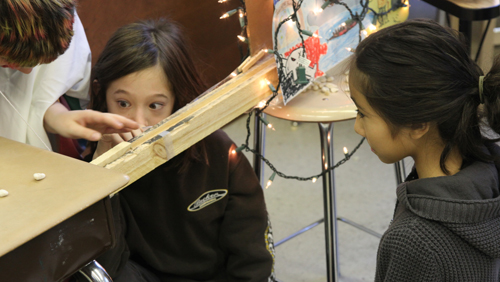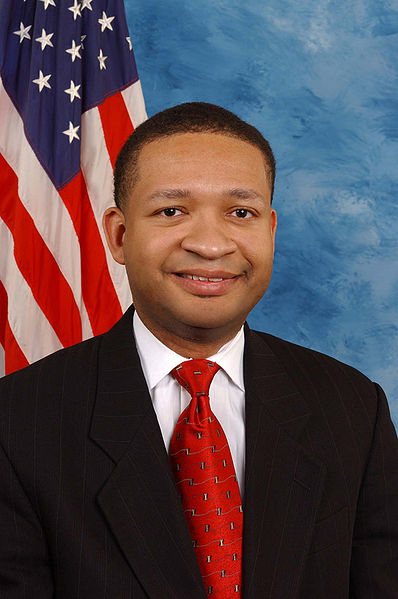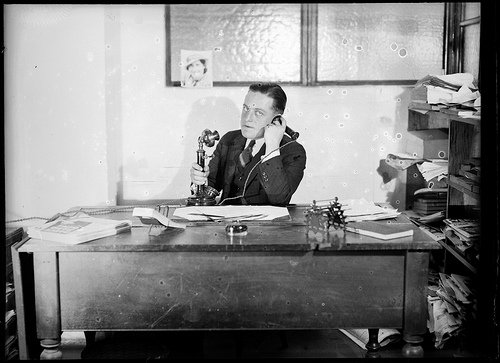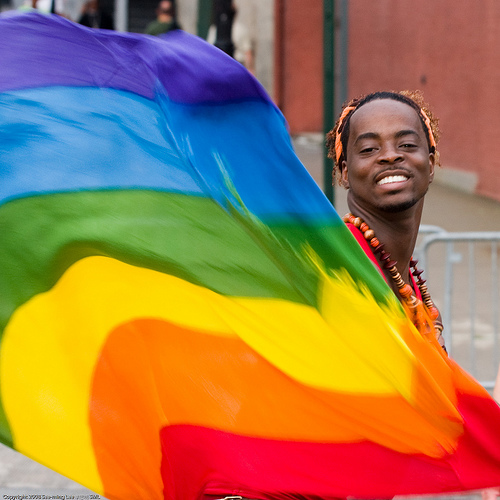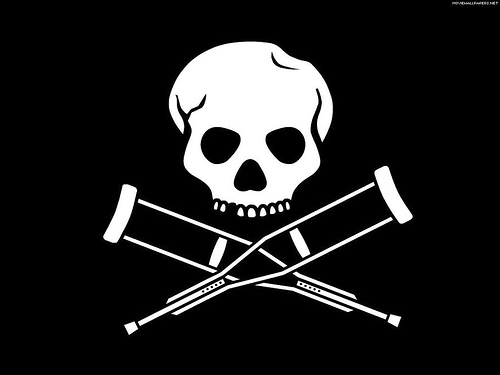“Intuition can help us make good decisions without expending the time and effort needed to calculate the optimal decision, but shortcuts sometimes lead to dead ends,” says The Chronicle of Higher Education.
All Articles
The L.A. Times comes out swinging against baseball’s “halfhearted embrace of technology”. The Galarraga case sparks new calls for technology to double-check humans.
One of the world’s foremost art collectors, Charles Saatchi famously refuses to be interviewed, but here he answers some questions put to him via email by The Daily Beast.
Movie violence against women has long been a staple of mainstream film-making but is becoming ever more forensically detailed, claims a troubled Natasha Walter.
Michael J. Formica says taking personal responsibility is essential in overcoming addiction but systems like AA allow its abdication.
Corruption slang can sound cute in foreign tongues. Euphemisms may belittle cross-border bribes but they are still illegal, warn James G. Tillen and Sonia M. Delmans.
Cleopatra is the selling point but the resurrection of a long-lost world is the strength of a powerful new exhibition at the Franklin Institute in Philadelphia.
As India wrestles with the politically-sensitive question of including caste in its 2011 census, P. Sainath looks at a once strong anti-caste reform movement.
What should happen to the former Stasi HQ? How much of a glimpse into history, and whose interpretation of it, should it offer?
Mass shootings are mercifully rare in Britain. “Gunman goes on killing spree” is a newspaper headline that one might expect to read every ten years or so. But none of […]
As advice columnists go, Emiy Yoffe of “Dear Prudence” is usually relatively compassionate. Today, however, Prudie was shockingly cruel to a young woman* grieving the loss of her best friend: […]
The official unemployment rate remains almost 10%. That in itself is nearly as high as it has been since the early 80s and is plenty bad enough. But it nevertheless […]
Astronomer Jill Tarter, director of the SETI Institute, stopped by Big Think today to talk about the question she’s spent her career trying to answer: Is there intelligent life on […]
When designer Katie Salen was teaching at the University of Texas a decade ago, she came upon a novel teaching method while trying to help her students understand online interfaces […]
I have finally stopped yelling at my computer screen this morning, after making the rounds at POLITICO, Talking Points Memo, and The New York Times. It seems that among the […]
Juliet Schor, a professor of sociology at Boston College, came in yesterday to talk about the new business as usual. What’s going to bring us out of the current recession? […]
The New Yorker looks at how American intellectuals are reacting to Ayaan Hirsi Ali and Tariq Ramadan, two authors born into Islam who now support the liberal-democratic project.
Labs in England are developing machines that can essentially replicate themselves by building their own spare parts as an insurance against future mishaps, reports the New Scientist.
In the wake of the British Petroleum spill in the Gulf, who dares to defend conservative free-market principles decrying regulation? Nobody can afford to, writes The Wall Street Journal.
“An increasing number of Jewish activists in Europe and the U.S. are expressing their displeasure—and even anger—over the way in which Israel has evolved in recent years,” says Al Jazeera.
“I always said I wasn’t going to write about Norman because no one would believe it,” Norris Church Mailer once said, but now she has written a memoir about her marriage to the novelist.
“Are we more or less likely to lie to someone if we are communicating via email or text message than if we are speaking face-to-face?” asks Professor Jeff Hancock of Cornell University.
The digital divide is about more than access to the Internet, say experts. The white Anglo-Europeans who program the Web may set culturally exclusive parameters on the experience.
Garrison Keillor is feeling especially powerless these days: “As the Gulf turns dark and the polar ice cap melts, I intend to listen to Bach more and listen to the news less,” he says.
“For the first time, physicists have confirmed that certain subatomic particles have mass,” writes the L.A. Times. The mass could account for the mysterious existence of dark matter.
“Do people really die of broken hearts?” asks the Times’ health blog. Elevated stress hormones following an emotionally trying event may cause cardiomyopathy, a.k.a. broken heart syndrome.
You have the right remain silent. But now, according to a new Supreme Court decision, if you want to exercise your right to remain silent, you’re going to have to […]
Exactly one decade ago, on June 2, 2000, President Bill Clinton proclaimed June to be Gay and Lesbian Pride Month in the United States. Last year, President Obama updated the […]
Over the past decade, Creative Commons has been the most important link between creativity and copyright law, championing a new breed of licenses that use the law to propel, rather […]
Early Monday morning Israeli commandos rappelled from helicopters onto the deck of the Mavi Marmara, a Turkish ship bearing tons of humanitarian aid to Gaza. There were about 700 passengers […]
